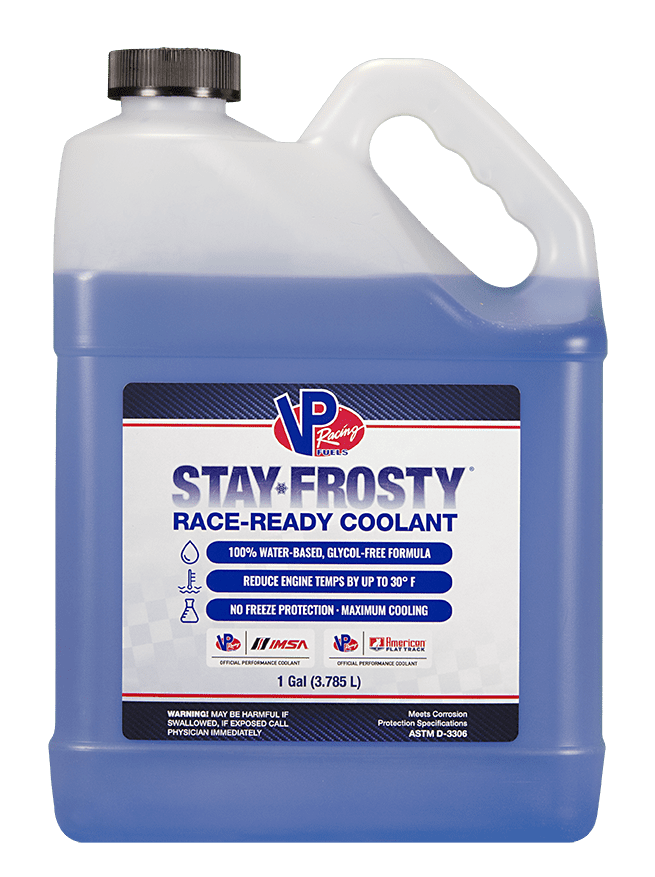You are using an out of date browser. It may not display this or other websites correctly.
You should upgrade or use an alternative browser.
You should upgrade or use an alternative browser.
Engine Ice not allowed
- Thread starter jnbbender
- Start date
Water probably isn’t required because less new people will sign up if the barriers to entry are higher. Also, at an advanced pace, even if you don’t go down, when something breaks and you spill coolant, it is going to be a lot more consequential for you and the people behind you.
In my opinion, anyone with more than a few days track experience, regardless of group, that just wants to do the minimum required to get on track, should find a new hobby. If someone has done a few days, he probably know why antifreeze is an issue or why people safety wire drain plugs and filters. If he is still running antifreeze and not safety wiring because it is less work for him, that is not the kind of person I want to be on the track with.
In my opinion, anyone with more than a few days track experience, regardless of group, that just wants to do the minimum required to get on track, should find a new hobby. If someone has done a few days, he probably know why antifreeze is an issue or why people safety wire drain plugs and filters. If he is still running antifreeze and not safety wiring because it is less work for him, that is not the kind of person I want to be on the track with.
PatricksDad
New Member
Engine Ice has a glycol component, while water wetter does not.I understand why anti-freeze is an issue I want to know what is the issue with something like Engine Ice.
HondaGalToo
Control Rider
Correct, and glycol is not allowed in advanced group, whether it's traditional ethylene glycol (the green stuff) or propylene glycol (engine ice-and still an antifreeze). If it has glycol of either type, it's still slippery.Engine Ice has a glycol component, while water wetter does not.
Motofun352
Control Rider
If you're serious about this activity why not prep your bike as per the advanced rules? If and when you get the A bump you're ready to take immediate advantage. Sure beats having to wait a session or a whole day in order to get things turned around. Safety wiring a bike in the paddock is a PIA, so is flushing the coolant.
MK3Brent
Treebeard
The 'no engine ice' or 'evans' coolant rule is for the Advance group only.why is Engine Ice not allowed even though standard Anti-Freeze is?
Novice and Intermediate groups may currently run anti-freeze/engine ice/evan's... etc, but it is recommended and encouraged not to for the aforementioned reasons.
I hope that helps.
virtualsolitude
Musician, physician but mostly fond of fishin'.
The rules and reasons are clear. But, in various orgs, I see control riders running glycol-based antifreeze in their bikes. During the winter, I've been guilty of a few TDs with glycol. Simply because trailering my bike for hours, exposes it to the cold NE winter weather to GA and FL.
Also, twice this year (2023), the novice or intermediate group crashed, spilling antifreeze or oil on the track, resulting in a long delay for cleanup. That didn't occur at an N2 event, but a spill / cleanup event like that could occur with any TD org in any class (oil or coolant).
Thoughts?
Also, twice this year (2023), the novice or intermediate group crashed, spilling antifreeze or oil on the track, resulting in a long delay for cleanup. That didn't occur at an N2 event, but a spill / cleanup event like that could occur with any TD org in any class (oil or coolant).
Thoughts?
The rules and reasons are clear. But, in various orgs, I see control riders running glycol-based antifreeze in their bikes. During the winter, I've been guilty of a few TDs with glycol. Simply because trailering my bike for hours, exposes it to the cold NE winter weather to GA and FL.
Also, twice this year (2023), the novice or intermediate group crashed, spilling antifreeze or oil on the track, resulting in a long delay for cleanup. That didn't occur at an N2 event, but a spill / cleanup event like that could occur with any TD org in any class (oil or coolant).
Thoughts?
There are avoidable spills and there are unavoidable spills. It is impossible to spill antifreeze when you don’t have antifreeze on the track. It’s almost certain a wired oil filter is not going to loosen. Spills are dangerous. There are enough risks in this sport that can’t be controlled. There is no reason to add needless risk, especially when you have agreed with everyone on the track with you via the rules that you will not expose them to that risk.
I trailer my bike to Barber when it’s freezing up north. This year it was warm. Last year, I put antifreeze in when I left, changed to water at Barber, and put the antifreeze back in before going home. It’s not hard.
Isn't Engine ice Ice Water glycol free? https://www.engineice.com/products/ice-water-5-pack
Are you all talking about Engine Ice Coolant that has glycol? https://www.engineice.com/pages/street-road-racing-motorcycles
thanks in advance for any clarification.
Are you all talking about Engine Ice Coolant that has glycol? https://www.engineice.com/pages/street-road-racing-motorcycles
thanks in advance for any clarification.
Motofun352
Control Rider
The Ice Water package says glycol free, it does list a form of sodium salt (NaCl) which would lower the freeze point. Typically sodium is not good for Aluminum but perhaps they have a buffer of some sort. It does say it lowers the surface tension of the water and typically this is what makes things slippery.
StickMan74
New Member
I have been using VP Stay Frosty for a couple years with no complaints.

 vpracingfuels.com
vpracingfuels.com

Non-Glycol Racing Coolant | Stay Frosty® | VP Racing
VP Stay Frosty non-glycol racing coolant - for high-compression/high-heat race engines. Proven to reduce engine temps. Contains 3 wetting agents.

